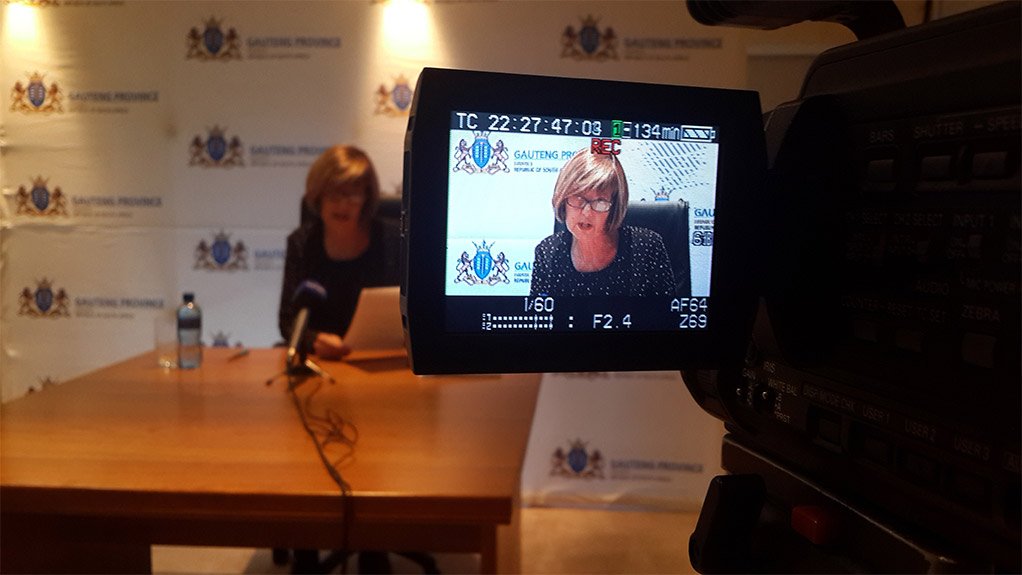/ MEDIA STATEMENT / The content on this page is not written by Polity.org.za, but is supplied by third parties. This content does not constitute news reporting by Polity.org.za.
South Africa today joined coastal countries across the world to commemorate International Coastal Clean-up Day (ICCD) by partnering with communities in and around Durban to clean beaches and areas leading to the ocean.
The Department of Environment, Forestry and Fisheries led, and partnered with, stakeholders to raise awareness, and educate, people about the harmful effects of waste in the oceans.
The Minister of Environment, Forestry and Fisheries, Ms Barbara Creecy, said during the Department’s Budget speech in Parliament in July that the “management of waste and in particular single use plastic waste, is a matter that also requires our most urgent and pressing attention.”
The Department is presently assessing single-use plastic products – including plastic carrier bags, straws, earbuds, crockery and cutlery – and will conduct a stakeholder engagement on the matter later this year.
ICCD brings together communities with the common goal of collecting and documenting marine litter along coastlines. The activities in Durban formed part of the government’s Good Green Deeds Programme launched by President Cyril Ramaphosa earlier this year. Good Green Deeds seeks to mobilise South Africans to become more environmentally conscious and to promote behavioural change towards littering, illegal dumping.
The world’s oceans cover more than 70% of the Earth's surface providing some of the most important and basic economic, social, cultural, and environmental functions, with many untapped natural resources and a myriad of ecosystem services. South Africa is a maritime nation with jurisdiction over one of the largest exclusive economic zones in the world. It is surrounded by the Atlantic, Indian and Southern Oceans offering a resource rich and biologically diverse environment.
South Africa participates in the Global Programme of Action for the Protection of the Environment from Land-based Activities (UNEP GPA), which has identified litter as one of the key sources of pollution in the ocean environment. Globally and locally, plastic and synthetic materials are the most common types of marine litter and cause the most problems for marine animals and birds. At least 267 different species are known to have suffered from entanglement or ingestion of marine debris including seabirds, turtles, seals, sea lions, whales and fish. The effect of coastal littering and dumping is compounded by vectors such as rivers and storm drains discharging litter from inland urban areas.
In order to realise the full socio-economic potential of the oceans, it is necessary to strengthen management and conservation efforts to control negative human impacts on these resources. Globally, it is estimated that roughly 80% of all marine pollution originates from activities carried out on land through various streams and tributaries to major rivers.
South Africa is not immune to the problem of, and the effects posed by, marine litter. The presence of marine litter, in particular plastic items, is a common sight along our recreational beaches and estuaries, especially in urban areas. The 2019 International Coastal Clean-up Day theme Trash-free Seas is aimed at ensuring waste from activities inland does not pollute the oceans.
In piloting the Source-to-Sea Initiative in KwaZulu-Natal, a new strategy is being implemented to investigate, combat and ultimately eradicate pollution, including plastic pollution, which threatens both freshwater and marine ecosystems. Part of the Source-to-Sea pilot programme includes the deployment of resources that recover litter from identified priority rivers, as well as increasing educational activities and awareness raising campaigns in communities living on the banks of, or close to, rivers on litter prevention from land-based sources.
Issued by The Department of Environment, Forestry and Fisheries,
EMAIL THIS ARTICLE SAVE THIS ARTICLE ARTICLE ENQUIRY
To subscribe email subscriptions@creamermedia.co.za or click here
To advertise email advertising@creamermedia.co.za or click here











